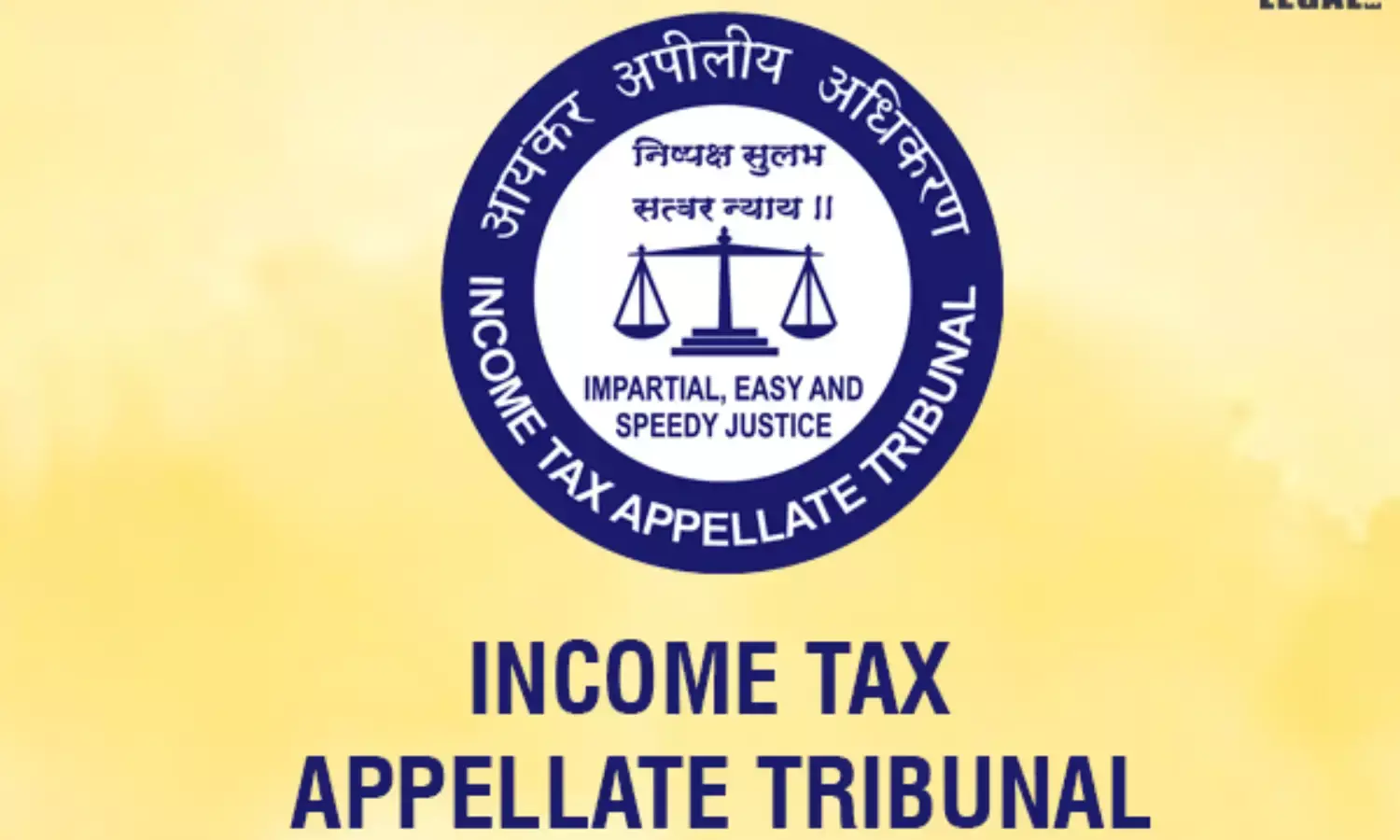ITAT: Reasons Recorded for Reopening Assessment Are Examined on Standalone Basis to Determine Validity of Proceedings under Section 147 of Income Tax Act
The Income Tax Appellate Tribunal (ITAT), Mumbai by its division member bench of Sandeep Singh Karhail (Judicial Member);

ITAT: Reasons Recorded for Reopening Assessment Are Examined on Standalone Basis to Determine Validity of Proceedings under Section 147 of Income Tax Act
The Income Tax Appellate Tribunal (ITAT), Mumbai by its division member bench of Sandeep Singh Karhail (Judicial Member) and M. Balaganesh (Accountant Member) observed that it is trite law that the reasons, as recorded for reopening the reassessment, are to be examined on a standalone basis to determine the validity of proceedings under Section 147 of the Income Tax Act, 1961.
The assessee/appellant is an individual and is a non-resident. For the year under consideration, the assessee filed her return of income on 4 July, 2013, declaring a total income of Rs.9,69,65,080. The return of income filed by the assessee was processed on 28 April, 2014. Pursuant to the information received from DIT (I&CI) that the assessee has sold a property amounting to Rs.2,65,45,504, during the year under consideration, proceedings under section 147 of Income Tax Act, 1961 (the Act) were initiated and notice under section 148 of the Act was issued on 27 March, 2021.
In response to the aforesaid notice, the assessee filed her return of income on 11 April, 2021, declaring a total income of Rs. 9,69,65,080, i.e., equivalent to the income originally declared by the assessee. The assessee also raised objection against the initiation of proceedings under Section 147 of the Act.
The Assessing Officer (AO) vide order dated 3 February, 2022, rejected the objections filed by the assessee and directed the assessee to comply with the notice issued under section 142(1) of the Act and furnish the details as required. Accordingly, vide draft assessment order dated 30 March, 2022, passed under section 144C of the Act the AO computed the additional long-term capital gains of Rs.2,65,20,504, and added the same to the total income of the assessee.
Against the additions proposed by the AO, the assessee filed detailed objections before the learned DRP. Vide directions dated 21 November, 2022, issued under section 144C(5) of the Act, the learned DRP dismissed the objections filed by the assessee on the ground of delay and directed the AO to pass the final order as per the draft proposed. In conformity, the AO passed the impugned final assessment order dated 15 December, 2022.
Being aggrieved, the assessee filed an appeal before the ITAT.
During the hearing, the learned Authorized Representative (AR) submitted that reopening of assessment is bad in law as no addition has been made based on the reasons as recorded by the AO that the assessee has sold the property for a sale consideration of Rs.2,65,45,504 and capital gains on same has escaped assessment. Learned AR submitted that in the order disposing of objection as well as in the assessment order, the AO instead reworked the capital gains already declared by the assessee and added the additional long-term capital gains of Rs.2,65,20,504. Thus, it was submitted that the reasons for reopening are very different from the actual assessment made by the AO.
On the contrary, the learned Departmental Representative (DR) vehemently relied upon the orders passed by the lower authorities and submitted that the reassessment was made on the basis of information received that property was sold by the assessee, though the amount of sale consideration and the capital gains may be different.
The bench noted that from the perusal of aforesaid reasons, it was evident that the AO was well aware and accepted that the assessee had offered capital gains from the sale of property with sale consideration amounting to Rs.12,80,00,000. However, the AO sought to tax the income from capital gains not offered for tax on the transaction of sale of property with sale consideration of Rs.2,65,45,504.
Furthermore, the bench found that while framing the assessment, instead of computing the long-term capital gains on the said property with the alleged sale consideration of Rs.2,65,45,504, the AO recomputed the capital gains on the property sold by the assessee, during the year, for the sale consideration of Rs.12,80,00,000, on which the assessee had already offered to tax long-term capital gains amounting to Rs.9,50,51,636, in her return of income.
The ITAT noted that the income that was initially alleged to have escaped assessment was not ultimately added by the AO while passing the assessment order, but rather the transaction already disclosed by the assessee was re-examined and the capital gains computed by the assessee were recalculated in the assessment order without issuing a fresh notice under Section 148.
The bench relied on the Bombay High Court's decision in the case of Hindustan Lever Ltd. vs. R.B. Wadkar, which held that it is for the AO to record his opinion in black and white. The reasons recorded for the assessment should be clear and unambiguous and should not suffer from any vagueness. The reasons recorded must disclose in his mind. Reasons are the manifestation of the mind of the assessing officer. The reasons recorded should be self-explanatory and should not keep the assessee guessing as to the reasons.
The ITAT held that the reopening of the assessment was unsustainable in law.

